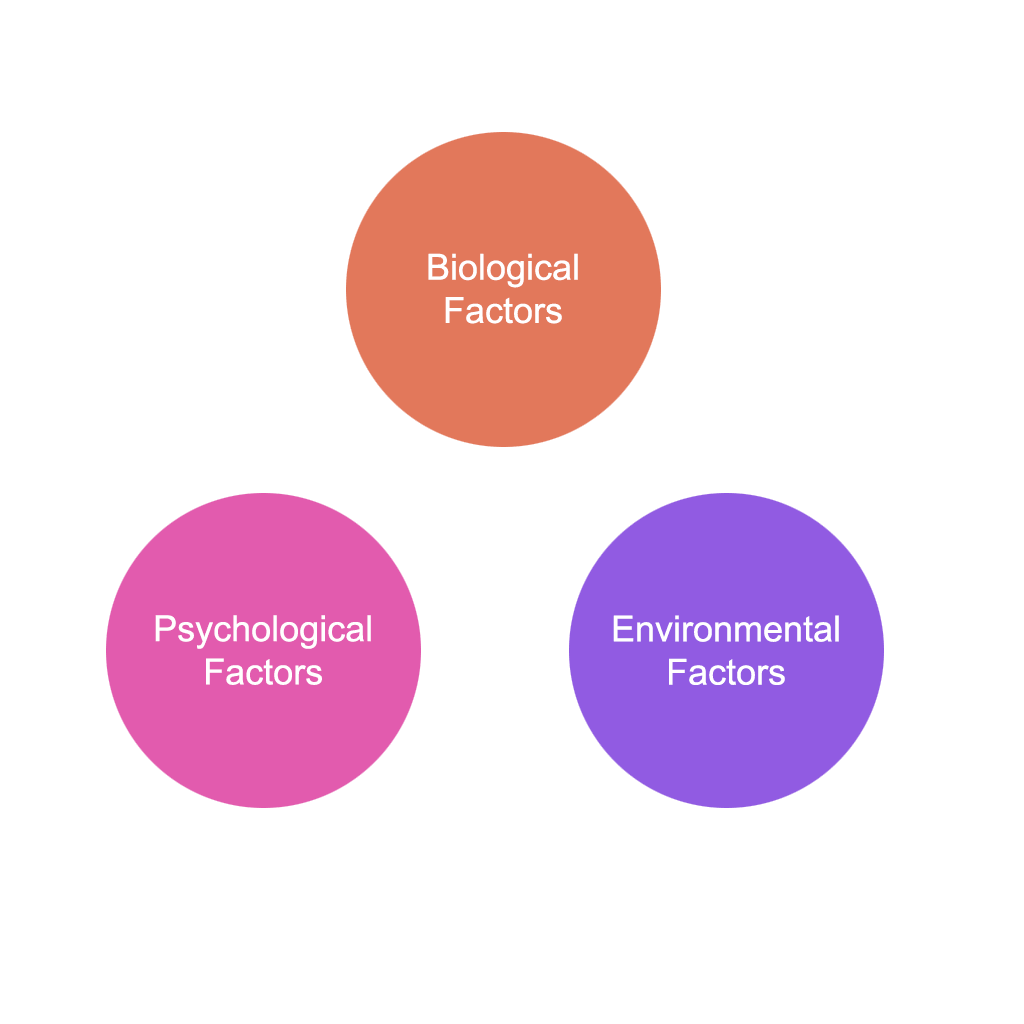The Different types of Behavioral Assessment.
Functional analysis is the main tool of behavioural assessment. The triple response mode: motor, cognitive, physiological are used to define behavioural problems and diverse potential causes, multi-causality, are accepted.
For example, an individual’s feelings of loneliness, attention and concentration problems, sleep disturbance and low rate of social behaviors and physical activity can be used to explain that the person is depressed.
The subject’s several other conditions can also used to explain the problem functionally. They include reinforcement system deficit, inadequate motivational system and dysfunction in biological conditions.
Also read | List of Key Factors that determinants the Personality.
Other assessment methods than observation of overt behaviour and other informants should also be taken into account. The experimental method is also a constant among the basic characteristics of behavioral assessment.
List of different types of behavioral assessment.
- Direct assessment means recording of behaviour is done as it takes place in a situation.
- Analogue assessment means measuring of behaviour under simulated conditions as it may not happen in a natural situation.
- Indirect Assessment means the behaviour has not been observed but obtained through retrospective analysis.
- Idiographic assessment describes the behavioural attributes of the individual concerned. If we say a child has Attention Deficit Hyperactivity Disorder, the assessment will be disorder focused.
- Contextual assessment means in this method of assessment focuses on the stimuli that cause the behaviour.
Also read | What is the Behavioral Assessment?
Process of Behavioural Change: Assessment, Treatment and Evaluation
Making an assessment as to why a behaviour takes place as it is the first step to change the behaviour. After the cause is found out, the treatment intervention and evaluation of are carried out.
Behavioural assessment faces several challenges. At present it is applicable only in the clinical field. It requires measurement tools and improved measurement devices.
Assessment includes decision-making. In future standards or guidelines for the assessment process may be supported by scientific associations. It should assess disorders and we must have assessment tools. o measure normal behaviour.



